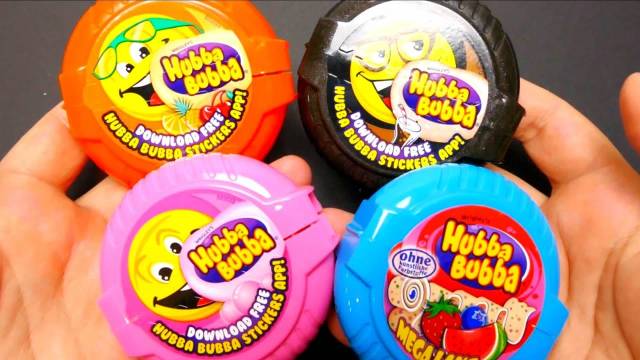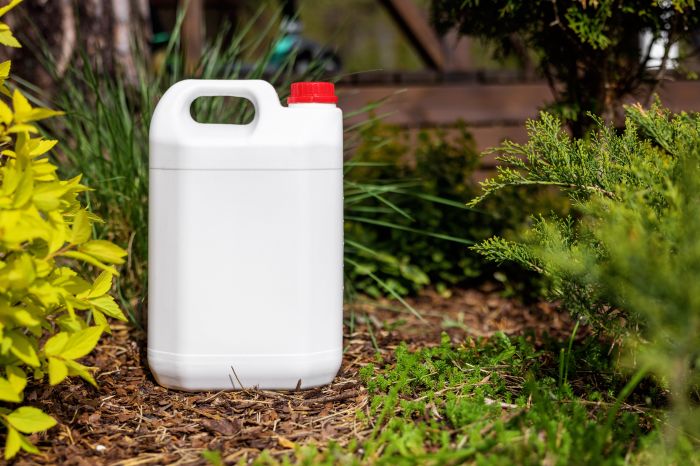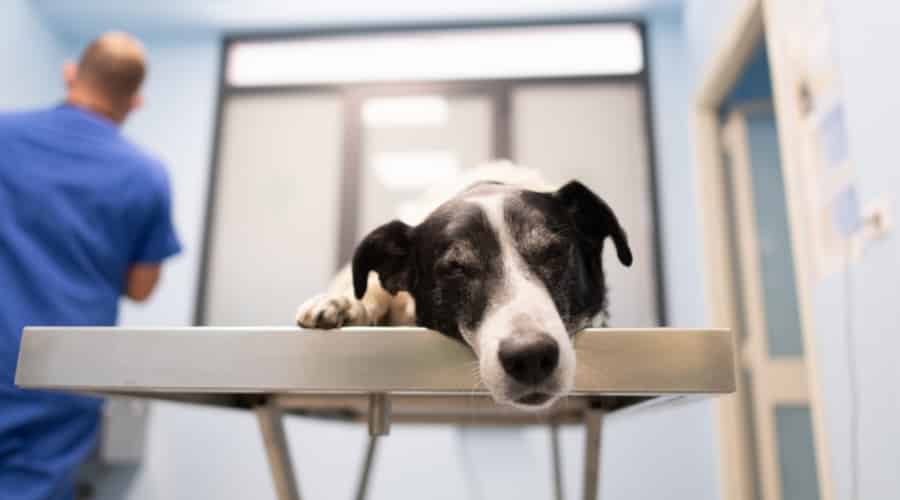Connect with a verified veterinarian in minutes. Licensed vets are available 24/7 to answer your questions. No need to worry about your furry family member.
Hubba Bubba gum is very popular! Who doesn’t love the flavor of bubble gum once in a while? The problem is that if you love chewing gum, your dog may want some, too. Our canine friends love to have what we’re having, even if it’s something that’s not good for them!
Has your dog eaten some Hubba Bubba gum? Are you worried the Hubba Bubba gum will make him sick? If so, then you’ve come to the right place. We understand it’s scary when your dog eats something he shouldn’t.
In this article, we’ll take a look at Hubba Bubba gum and whether or not it can make your dog sick. Let’s get started!
What is Hubba Bubba Gum?
Hubba Bubba gum has been around since about 1979 when it was introduced by the Wrigley Company. It was advertised as the bubble gum that tasted great and was the easiest to get off your face, compared to other brands!
The gum was originally sold as individual pieces of bubble gum, similar to other brands at the time. However, they came out with other types of Hubba Bubba, including the “tape” gum.
While humans can safely enjoy Hubba Bubba gum, What about dogs?
Hubba Bubba Gum & Dogs
The good news is that Hubba Bubba isn’t toxic to dogs. Some bubble gum brands use xylitol, which is an artificial sweetener that’s very toxic to dogs. Hubba Bubba thankfully uses sugar. While sugar isn’t good for a dog, it’s not toxic.
If your dog has eaten Hubba Bubba, then try to determine how much he has eaten. If it’s just one piece, your dog should be OK. However, if your dog has eaten an entire tape or package of gum, then he may have some digestive problems including vomiting and diarrhea.
Also, be sure to notice if your fur baby has eaten any of the gum packaging. This could also be a problem.

Review symptoms, medications & behavior to keep your pets healthy with a Vet Online in just minutes.
Ask a Vet Live NowSymptoms of Hubba Bubba Gum Ingestion in Dogs
You may notice these symptoms if your dog has eaten some Hubba Bubba gum:
- Diarrhea
- Vomiting
- Nausea
These symptoms shouldn’t last long. If they last longer than 24 hours, then be sure to call the vet. The concern is that your dog could become dehydrated from non-stop diarrhea and vomiting.
For dogs that have eaten an entire tape or package of Hubba Bubba gum, you may notice these symptoms:
- Vomiting
- Weakness
- Diarrhea
- Loss of appetite
- Excessive drooling
- Diarrhea
- Constipation
- Abdominal pain & swelling
These symptoms may be caused by an intestinal blockage. It’s possible all the gum has become bunched up together and is stuck in some part of your dog’s digestive tract. These symptoms may also be caused by any packaging your dog may have eaten.
If you notice these symptoms, then call the vet immediately. This is an emergency because an intestinal blockage can lead to death if not treated.
What If Your Dog Ate Gum That Contains Xylitol?
Xylitol is an artificial sweetener used in various food and sweets, including chewing gum. Unfortunately, it’s highly toxic to dogs. There’s enough xylitol in one piece of gum to cause your dog to become seriously ill.
If your canine companion has eaten gum with xylitol, it’s best to call the vet immediately. Moreover, your dog may show these symptoms after eating xylitol:
- Stumbling
- Vomiting
- Pale gums
- Weakness
- Lethargy
- Seizures
- Tremors
- Loss of consciousness
- Coma
- Liver damage
Xylitol poisoning is a serious threat to your fur baby, so it’s essential to call the vet immediately. At the vet’s, they will monitor your dog for 12 hours (or more), watching his blood sugar levels and liver function. There is no antidote for xylitol poisoning; the vet will work to stabilize your dog’s condition and offer supportive care.
They will treat any symptoms as they arise. Your fur baby may need an IV glucose solution for up to two days to stabilize his blood sugar levels.
The prognosis is best for dogs that are treated before they develop clinical signs of xylitol poisoning. However, if a dog develops liver failure, they may require long-term treatment.
How to Keep Your Dog from Eating Gum
It’s best to keep all gum out of your dog’s reach. Store your gum in cabinets, drawers, or shelves your dog can’t access. Remember to keep backpacks, purses, and work bags out of your dog’s reach if they contain gum.
Finally, it’s a good idea to ensure all gum is thrown away in the wastebasket. If your dog likes to dig for goodies in the trash, you may want to invest in a dog-proof wastebasket. That way your fur baby will be safe from Hubba Bubba gum and from foods/products that contain xylitol.
The good news is that if your dog has eaten a little bit of Hubba Bubba gum, he will be OK. For dogs that have developed an intestinal blockage, seeking medical assistance from the vet is imperative. It could save your dog’s life!
Connect with a verified veterinarian in minutes. Licensed vets are available 24/7 to answer your questions. No need to worry about your furry family member.

Emma Chandley, BVetMed MRCVS PGCertSAS
This article has been reviewed and approved by an independent Veterinarian: Emma graduated from the Royal Vet College in London in 2011. She has a keen interest in surgery and went on to do a post graduate certificate in small animal surgery and was then awarded advanced practitioner status in the same discipline.
Review symptoms, medications & behavior to keep your pets healthy with a Vet Online in just minutes.
Ask a Vet Live Now






